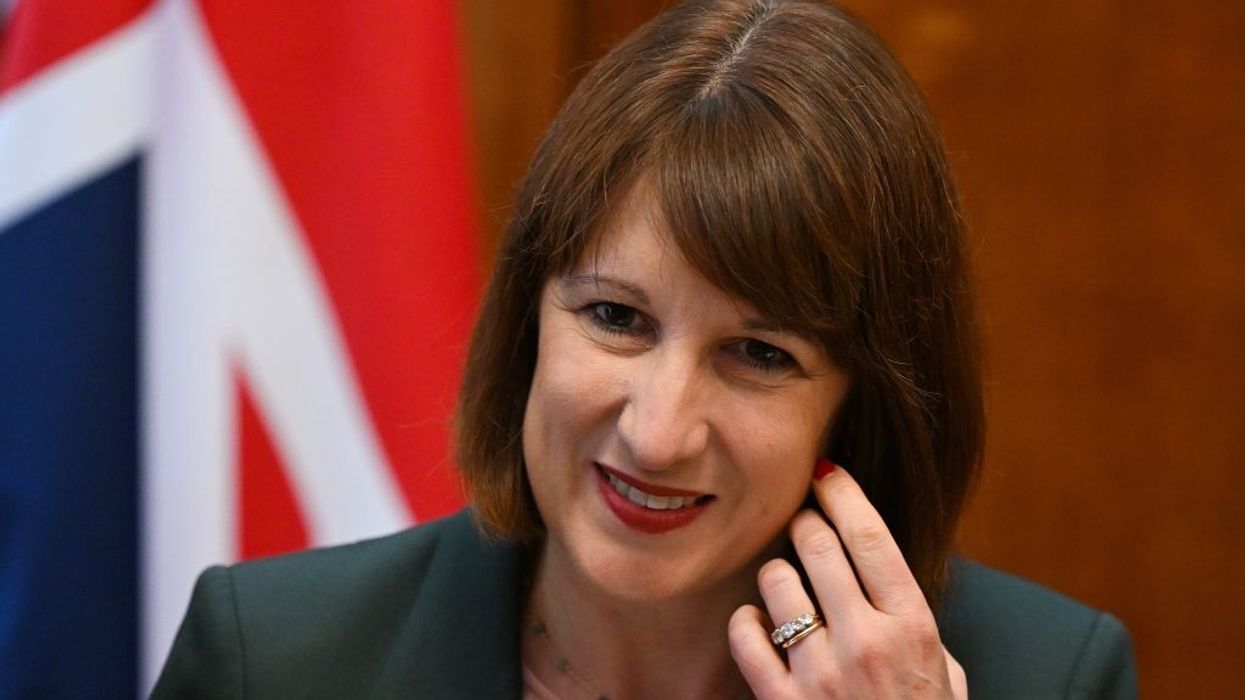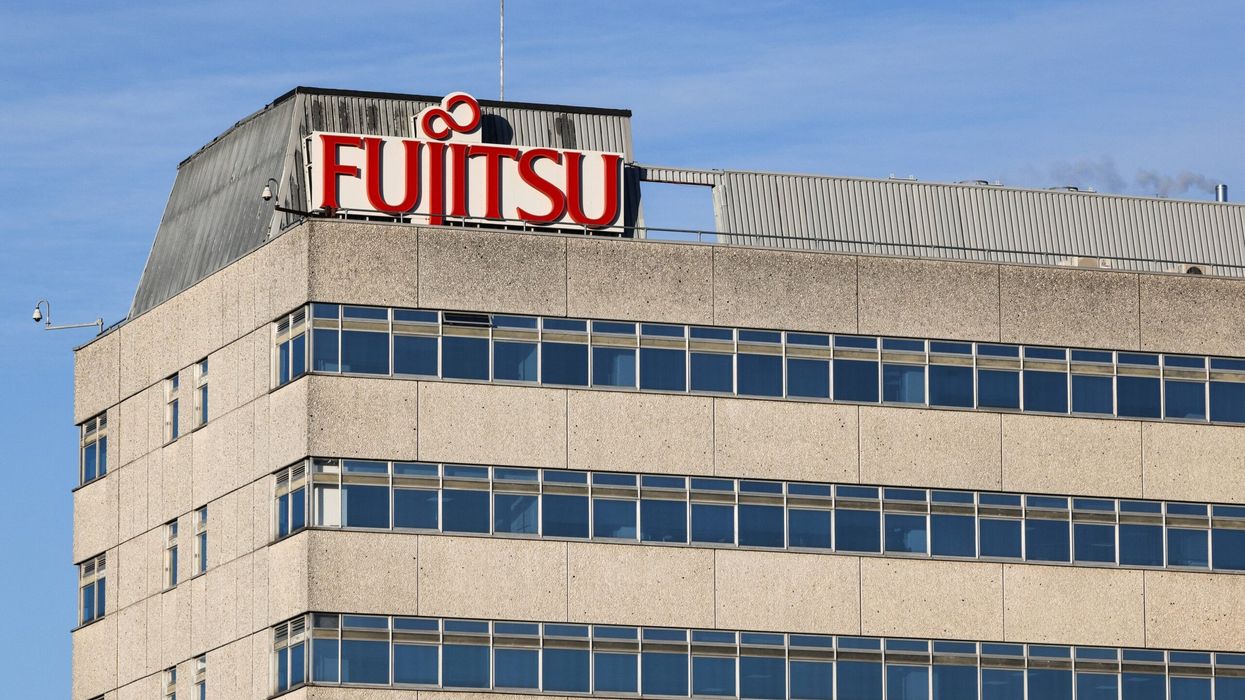THE new government took a first step to boost public and private investment and modernise the economy, placing a National Wealth Fund atop the existing state-owned agencies and freeing up money for immediate use.
Prime minister Keir Starmer and his finance minister Rachel Reeves hope to attract tens of billions of pounds of private capital into new and growing industries to help speed up the economy and meet the challenge of net zero.
"Britain is open for business – and the work of change has begun," Reeves said as she announced the new structure of the state entities charged with increasing investment, a day after announcing plans to boost house-building and remove barriers to new infrastructure.
The government plans to allocate an additional £7.3 billion ($9.35bn) of public money via the existing UK Infrastructure Bank so investments can start immediately. It hopes to attract three times as much from private capital to invest in areas such as ports, hydrogen, automotives and steel.
The British Business Bank will also be aligned with the new fund.
Britain is likely to need between £50 billion and £60 billion of additional annual investment to meet its net zero targets.
Starmer - who led Labour to a landslide victory in last week's parliamentary election - has sought to dispel the party's "tax and spend" image and has courted private investors.
Business investment in the country has been weak since the 2016 Brexit vote which triggered years of political instability and much of the country lags behind London in terms of productivity.
How the new fund will be run, managed and deploy capital over the longer term will be decided in the coming months as the government works through the recommendations of advisors.
Clarifying the role of each of the government's development institutions was also critical for investors, Rhian-Mari Thomas, CEO of the Green Finance Institute who led the advisors, said.
"There is there is real friction cost to trying to navigate a very fragmented and complex investor landscape," she said. "I think we've got a fantastic opportunity here to look at how we put all of this under a single umbrella."
Academics at the London School of Economics have previously warned of the risk that NWF's work overlaps with that of existing state investment bodies. Labour also plans to create Great British Energy, a new state power firm.
The government will bring forward new legislation to cement the fund in statute, making it a permanent institution, the finance ministry said.
Energy security and Net Zero secretary Ed Miliband said, “Our Mission to make Britain a clean energy superpower is about investing in Britain. Our National Wealth Fund will help create thousands of jobs in the clean energy industries of the future to boost our energy independence and tackle climate change.
“We’re acting immediately, wasting no time and working in lock-step with industry to unleash private investment and grow our economy.”
C S Venkatakrishnan, group chief executive of Barclays said, “Barclays is a committed partner to the new government’s aspiration to raise economic growth in the UK. Crucial to realising this ambition is increasing business investment - both within our domestic economy, as evidenced by our own £30bn investment into the UK, and by mobilising inward investment to come to Britain.
“The recommendations of the National Wealth Fund Taskforce, of which I have been a member, set out some important ways in which this can be done. In particular, I welcome the ambition to review and potentially simplify the existing economic development institutions, with the aim of making it easier for our corporate and business clients to access the partnership finance that is often needed to get infrastructure and other net zero projects off the ground.”
(with inputs from Reuters)













